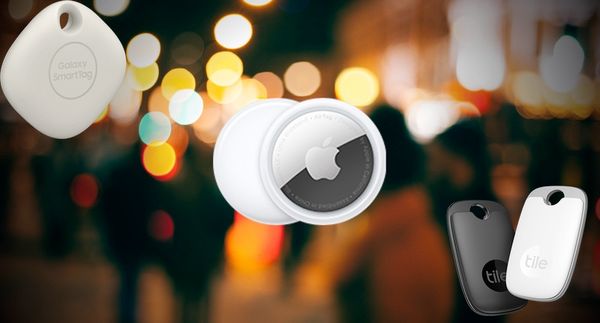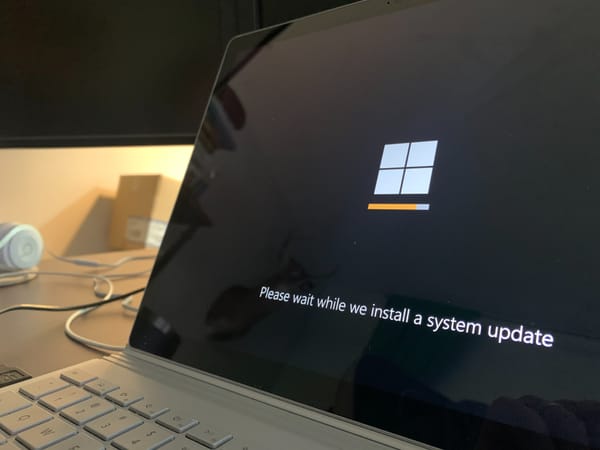Apple and Google join forces to combat AirTag stalking

Apple and Google have announced that they are teaming up in order to combat the safety risks associated with AirTags and other tracking devices.
In a joint press release, the tech giants revealed that they had teamed up in an effort to thwart the growing problem of Bluetooth tracking devices being used to stalk individuals without their knowledge.
Although such gadgets were invented to help people locate their lost luggage or mislaid car keys, they have also been used to secretly track individuals' location.
Although the phenomenon is often labelled "Airtag stalking" after the popular device Apple released in 2021, the problem of unwanted location-tracking can also be present with other gadgets, such as those from manufacturers such as Tile, Chipolo, and Pebblebee.
"Bluetooth trackers have created tremendous user benefits, but they also bring the potential of unwanted tracking, which requires industrywide action to solve," said Dave Burke, who heads up Android engineering at Google.
Burke isn't wrong. There are countless media reports of AirTags and their like being used by jealous partners and stalkers to monitor the movements of individuals without their knowledge. It has even been alleged that one Indiana woman used an AirTag to track her boyfriend, and then - after an argument - murder him.
No major tech company wants to be associated with a technology that is making it easier to stalk people.
So it's not a huge surprise that in a draft specification lodged with the Internet Engineering Task Force (IETF), Google and Apple describe how they aim to protect the privacy of individuals who do not want to either themselves or their belongings unwittingly tracked, by people misusing location-tracking accessories.
The draft proposes that some of the safety features already built into AirTags - such as their ability to audibly alert individuals when a tracker that is separated from its owner is travelling with them, and a way of finding and disabling such a device - should not just become an industry standard, but be further developed.
Furthermore, the proposal recommends that tools to combat unwanted tracking should work equally well on both the iOS and Android platforms.
Other manufacturers in the Bluetooth tracking sector have broadly expressed support for the proposal.
Since Apple's successful launch of the AirTag in 2021, there have been rising concerns about the technology not doing enough to prevent abuse, suffering from security flaws, and even clones being developed which can successfully dodge all of its anti-tracking protocols.
tags
Author
Graham Cluley is an award-winning security blogger, researcher and public speaker. He has been working in the computer security industry since the early 1990s.
View all postsRight now Top posts
How to Protect Your WhatsApp from Hackers and Scammers – 8 Key Settings and Best Practices
April 03, 2025
Outpacing Cyberthreats: Bitdefender Together with Scuderia Ferrari HP in 2025
March 12, 2025
Streamjacking Scams On YouTube Leverage CS2 Pro Player Championships to Defraud Gamers
February 20, 2025
How to Identify and Protect Yourself from Gaming Laptop Scams
February 11, 2025
FOLLOW US ON SOCIAL MEDIA
You might also like
Bookmarks








